Balcony PV have sprung up and attracted great attention overseas in recently years, especially in Europe. In February of this year, Germany's VDE (German Association of Electrical Engineers, directly involved in the formulation of German national standards) drafted a document to simplify the rules of the balcony PV system and increase the power limit to 800W, which is on par with European standards while ensuring safety. The drafting document pushes the balcony PV to another upsurge.
What is balcony PV? What are its advantages? Why is it so popular? Soliswatt helps you to analyze the balcony PV in depth.
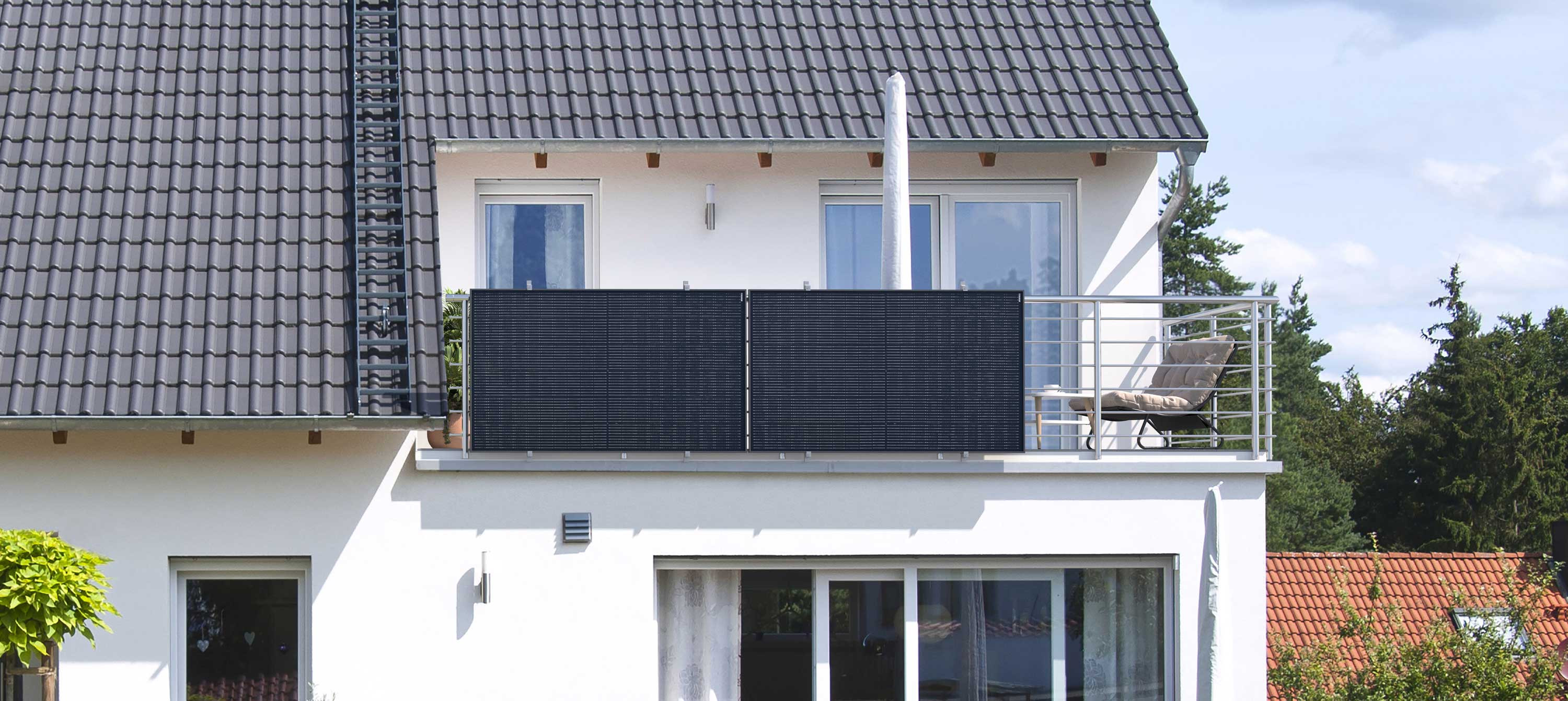
1 What is balcony PV
Balcony PV is to install a PV system on the balcony, which is a small distributed PV system, also known as plug-in PV system. Users only need to fix the PV system on the balcony railing, plug the system cable into the socket at home, and use solar power to generate electricity.
Home users install distributed PV system shall have enough roof or courtyard area before. However, many apartment residents cannot enjoy a wide roof or courtyard space, but they also want to realize energy transformation and save electricity bills. Therefore, balcony PV system with compact layout and small size have emerged as the times require, becoming the best choice for apartment residents and bringing green energy to many urban families.
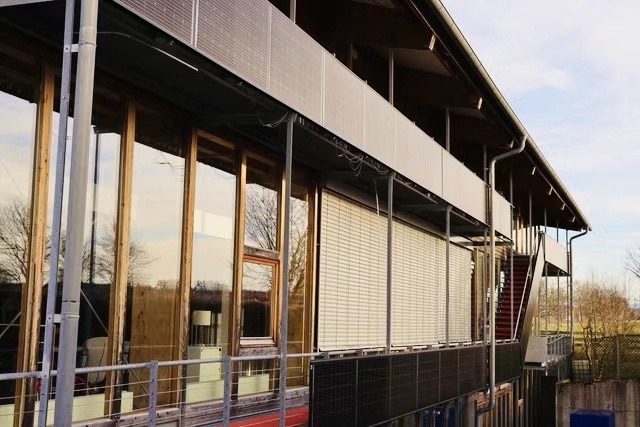
2 What are the benefits of installing PV system on the balcony
1. Cost saving: The initial investment cost of installing PV on the balcony is relatively small, and there is no need to spend expensive funds; and users can save electricity bills through PV power generation.
According to the data of North Rhine-Westphalia Consumer Advisory Center in Germany, a 380W balcony PV system installed in the south can provide about 280kWh of electricity per year. This is equivalent to the annual electricity consumption of a refrigerator and a washing machine in a two-person household. Users use two systems to form a complete set of balcony PV power plants, which can save about 132 euros per year. On sunny days, the system can meet most of the electricity needs of the average two-person household.
2. Easy to install: The system is small in size and easy to install. Even non-professional installers can easily install it by reading the manual; if the user plans to move out of the residence, the system can be disassembled at any time to replace the application area.
3. Plug-and-play: The user can directly connect the system to the home circuit by simply plugging in the socket, and the system can start generating electricity.
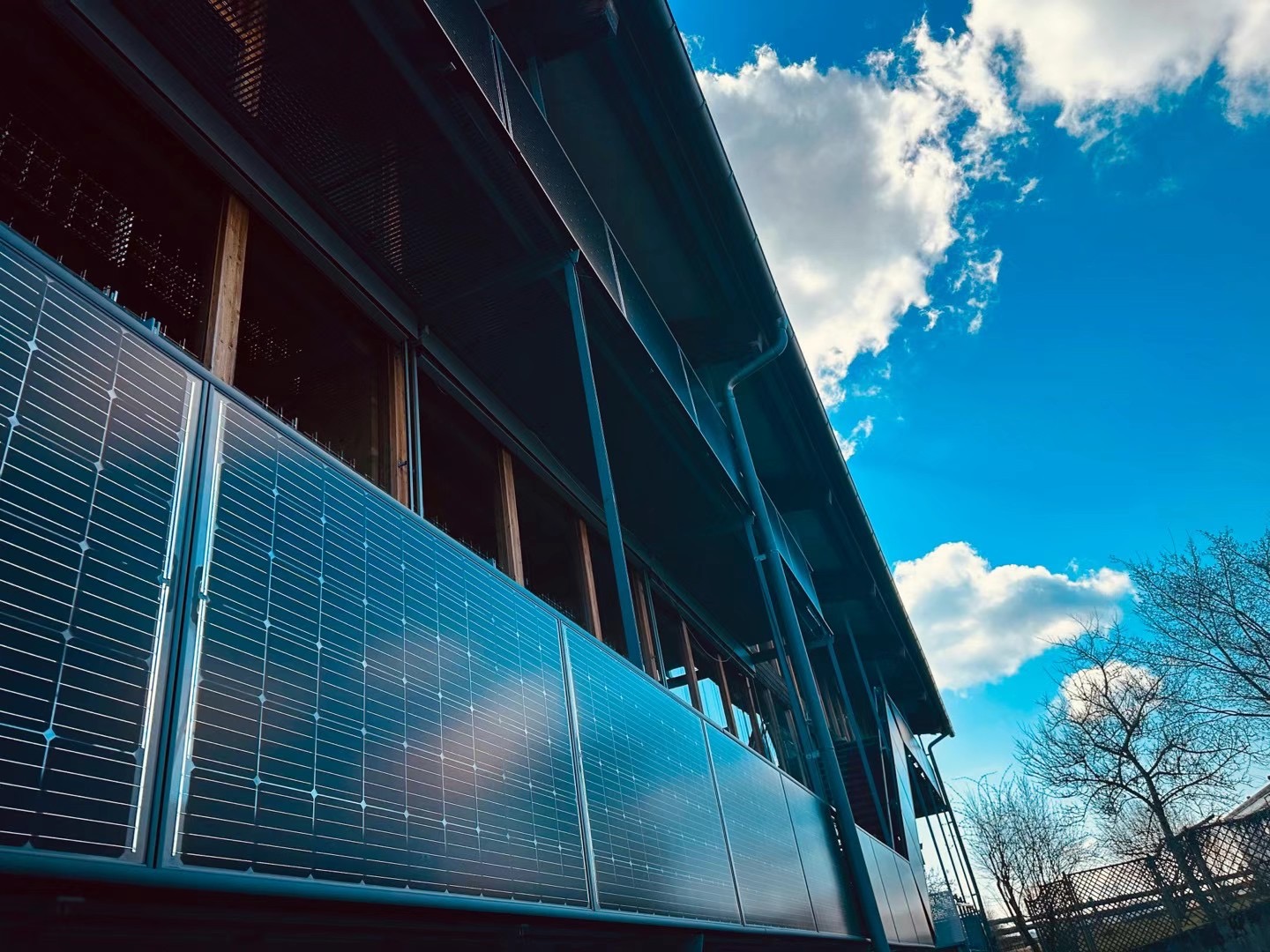
3 How to install balcony PV
Compared with conventional distributed PV systems, balcony PV system do not require complicated wiring and installation skills. Under normal circumstances, 1 to 2 PV modules and 1 inverter (mainly micro-inverters, see the next paragraph for details) can form the entire system.
The construction of a balcony PV system only needs the following four key parts:
PV modules: absorb solar energy and convert it into direct current
Microinverter: converts DC power from components to AC power, feeding it into home circuits
Mounting frame: fix the PV module on the balcony
Cable: Plugs the system into an outlet and connects it to the home circuit
Before installing the system, the user needs to select the appropriate PV modules and inverters according to the power demand and balcony space. During the installation process, users need to avoid tall buildings or other sundries, and adjust the inclination of PV modules in different seasons to ensure that the system can obtain maximum power generation.
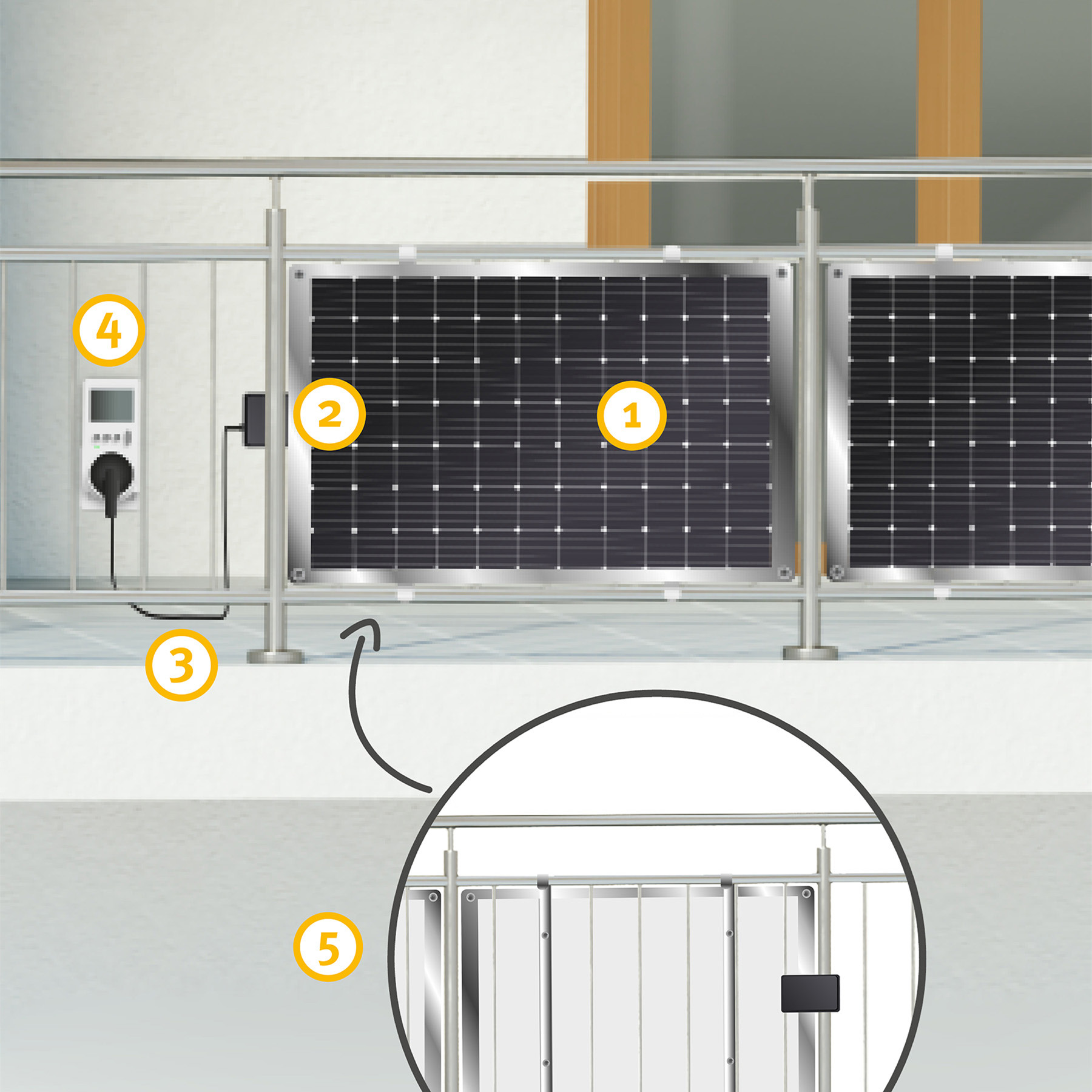
4 How Soliswatt Helps Balcony PV System
As an ultra-small PV system for households, balcony PV system have high requirements for its core component. Soliswatt as the one-stop supplier of balcony PV system, we provide you all safe, costly, efficient, easy to install components.
Soliswatt Balcony PV installation solution is simple and "easy to use", suitable for multi-inverter and single micro-inverter PV systems, which can shorten the installation time by 70%. Through this installation method, users can directly plug the system into the socket, which is very suitable for balcony PV scenarios.
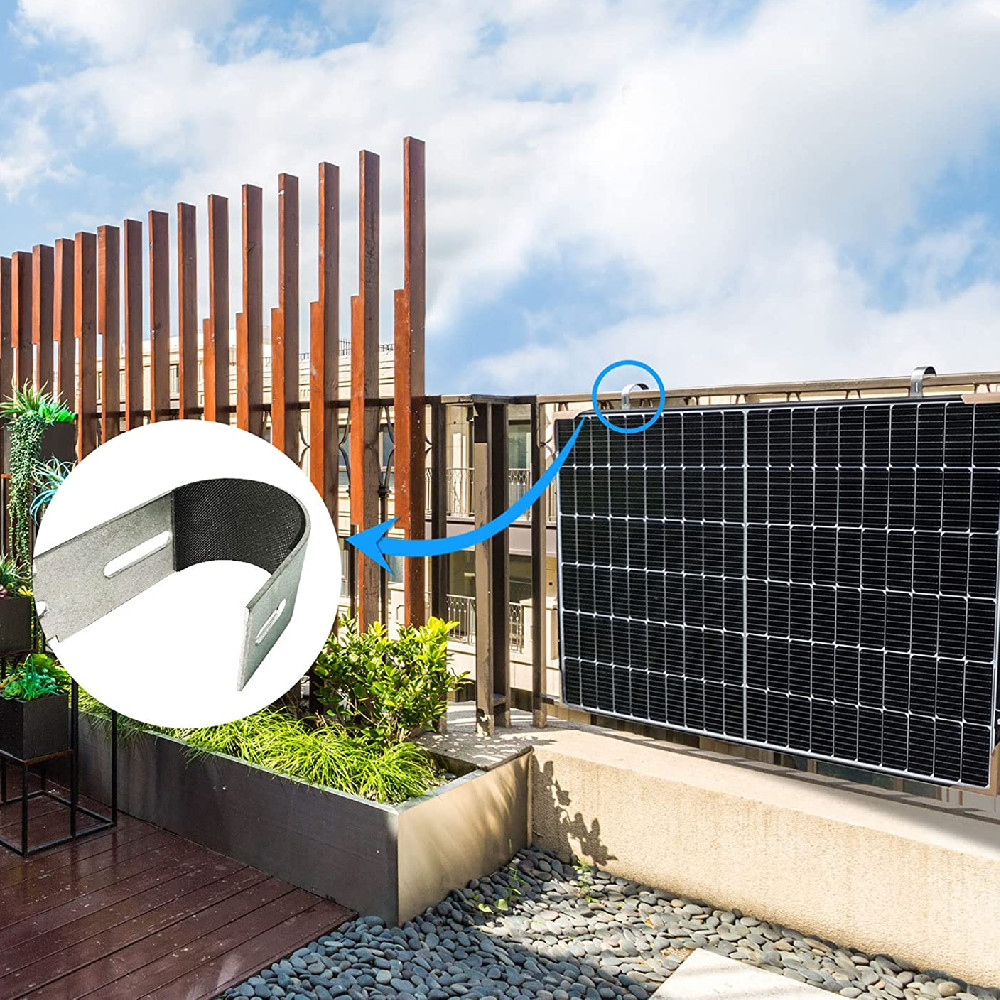
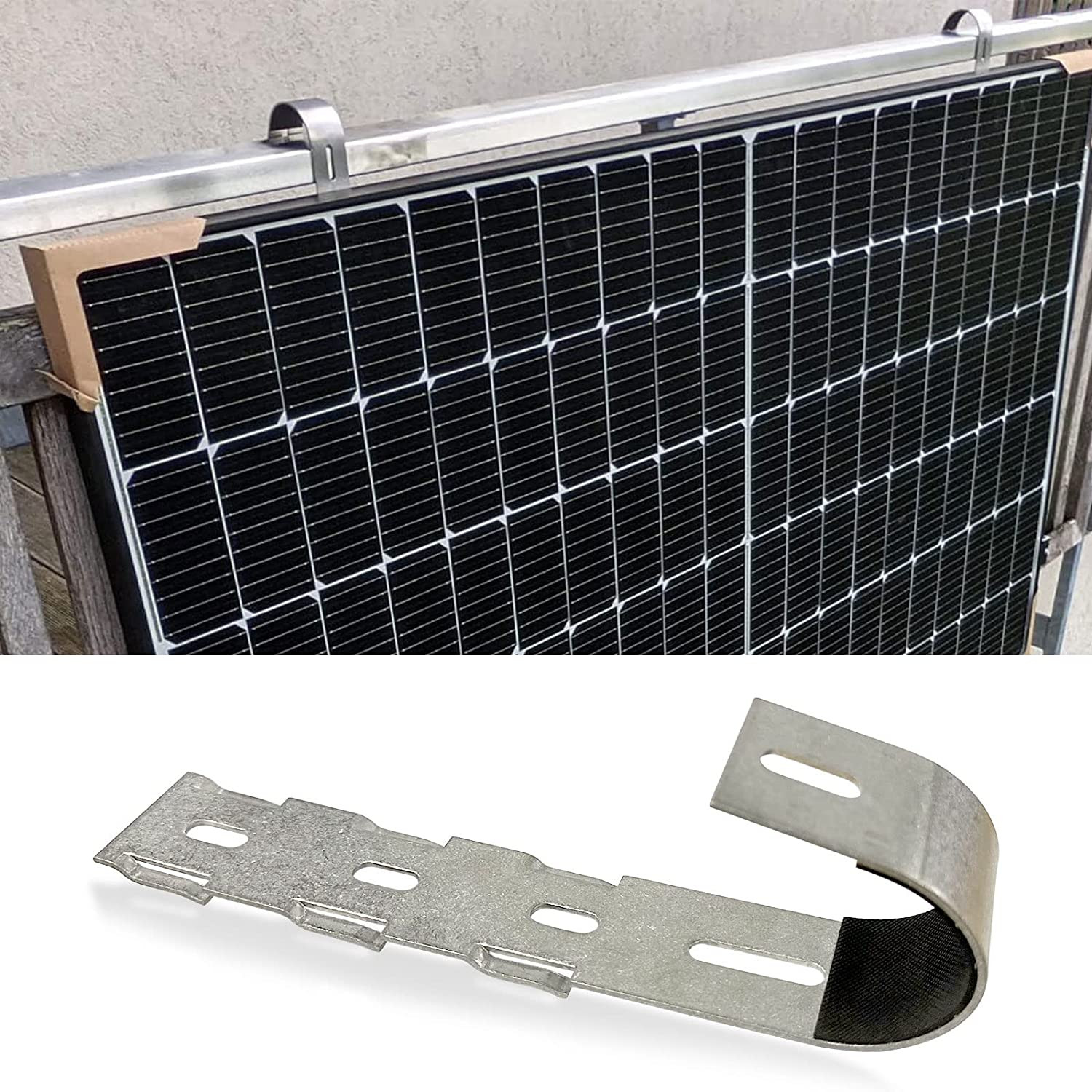
5 Summary of Soliswatt
With the rising electricity prices overseas and the growing energy shortage, balcony PV systems are booming. According to the North Rhine-Westphalia Consumer Advisory Center in Germany, more and more local municipalities, federal states and regional associations are promoting balcony PV systems through subsidies and policies and regulations, grid operators and power suppliers are also Support the system by, among other things, simplifying registration. Many urban residents also choose to install PV systems on their balconies to obtain green electricity.
In order to ensure the safety and reliability of the balcony PV system, we recommend that you consult a professional to make a detailed assessment of your needs.
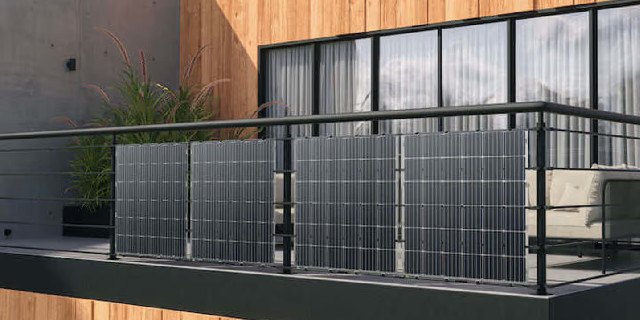
Soliswatt helps you understand PVs. If you have any questions about distributed PVs, you can leave a message on the official account for consultation, and we will have professional and technical personnel to answer your questions.


